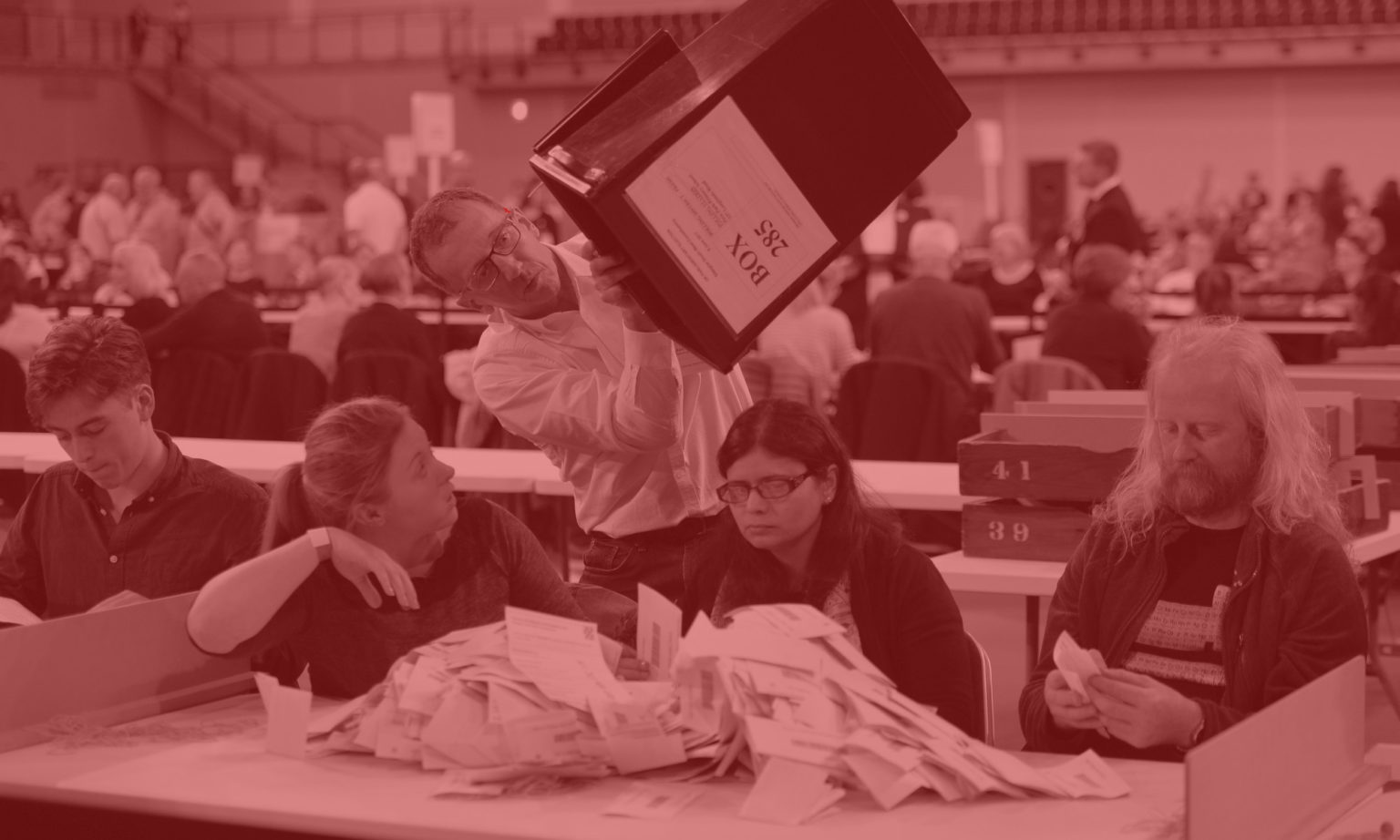
Beyond Brexit:
A programme for democratic reform
4. Why we need proportional representation
The first-past-the-post system is archaic and undemocratic – it has to go.
Want to read spiked ad-free? Become a spiked supporter.
In the fourth piece in our five-part programme for democratic reform, Brendan O’Neill makes the case for proportional representation. Read the introduction to the series here, Mick Hume’s piece on why we must leave the European Union here, Tim Black’s piece on why we must abolish the House of Lords here, and Luke Gittos’s piece on why we must scrap Royal Prerogative powers here.
Imagine what a different country the UK would be if we’d had proportional representation in the 2015 General Election. In that election, UKIP increased its vote share by a stunning 9.5 per cent. It won 12.5 per cent of the national vote: 3,881,099 votes in total. And yet it got just one seat – one measly seat out of 650 – in parliament. A party backed by 12.5 per cent of the people occupied just 0.15 per cent of the House of Commons. That, by any measure, is a catastrophic failure of democratic representation; an explicit disenfranchisement of millions of people. Their votes made practically no impact on the political make-up of the nation.
It was a similar story for the Greens. In 2015 they increased their vote share by 2.8 per cent, winning 3.8 per cent of the popular vote. That’s 1,157,630 votes. As with UKIP, it was their best-ever General Election result. And yet they, too, got just one seat in the Commons. And if there had been proportional representation rather than the first-past-the-post system that British electoral politics has been defined by for centuries? UKIP would have won 83 seats. The Greens would have won around 37.
The Greens, in the words of the Daily Telegraph, could have been ‘kingmakers’ in government-formation. And UKIP, then led by Nigel Farage, would have wielded extraordinary influence over the enactment of the EU referendum and, crucially, the upholding of the referendum result in favour of Brexit. It is unquestionable that if UKIP’s and the Greens’ popular support had been fairly and accurately reflected in the parliamentary system, then the current defining tension in British politics – that between ordinary people and the new elites – would have been more democratically resolved.
Indeed, the surge in support for UKIP and the Greens in 2015 spoke to the emergent political divide between those sections of the public who favour sovereignty and national pride (UKIP supporters) and those who see global institutions and expertise as the best means through which to resolve political problems (Green supporters). And yet this divide, this fascinating, fruitful divide that has to all intents and purposes superseded the old left-right divide, found virtually no political expression in our political institutions. It was given expression by vast swathes of the public, and yet our political system successfully neutered it, silenced it, disenfranchised it.
This is down to first-past-the-post. This system generates a vast disproportionality in the UK’s political life. Parliament fails to reflect what people vote for, and that failure has intensified over time. Under this system, the parliamentary candidate who wins a plurality of votes in a local constituency solely represents that constituency. He or she doesn’t even need to win more than 50 per cent of the vote, just one vote more than the nearest rival. Indeed, in the 2005 General Election, a majority of MPs won with just 35 to 49 per cent of the local vote.
This is a system that favours the two main parties, which can easily secure a plurality of votes in their longstanding ‘safe’ constituencies. It has led over time to the ossification of politics; to the sustaining of an archaic two-party divide that doesn’t represent real and new political divides; and to the disillusionment of huge numbers of voters who feel their vote makes no tangible impact. They feel that it is virtually impossible to use our collective democratic clout to change the focus and agenda of parliament. Consider the nearly four million people who voted for UKIP in 2015 and then watched as their preferred party got just one seat – they will have felt locked out, silenced, failed by politics.
To shake this up, we need radical electoral reform. We need to institutionalise proportional representation. No, not in order to drain ‘tribalism’ from the body politic and help to nurture a more compromising, consensual form of politics, which are too often the arguments made for PR (more on those arguments shortly). But rather for the simple but deeply democratic reason that a representative body should be genuinely representative; that the law-making body of the nation should reflect the popular passions and beliefs of that nation’s inhabitants.
The central problem with first-past-the-post is that it freezes out parties that win substantial support across the country – reflecting mass democratic shifts in opinion and belief – and yet which struggle to top the polls in a local constituency because of the conservative continuity of the two-party structure and the electoral process that benefits that structure. Going back to 2015, this led to some incredibly warped results.
Consider the fact that UKIP beat the Liberal Democrats in the popular vote. The Lib Dems’ vote share plummeted by 15.1 per cent: they got just 7.9 of the national vote share. A total of 2,415,916 votes. And yet they got eight seats in the Commons. They got 1.5million fewer votes than UKIP, yet eight times as many seats as UKIP. If we add to this the fact that the Lib Dems have 109 peers in the unelected House of Lords – the abolition of which is one of the key demands of spiked’s programme for democratic reform – we can see how both the democratic wing of the political system, via first-past-the-post, and the undemocratic wing of the political system, as expressed in the archaic, unaccountable Lords, conspire to stymie and, in some cases, outright thwart popular passions and views.
The warping effect of first-past-the-post can be seen in the fact that it takes nearly four million votes for UKIP to get one MP, and more than one million votes for the Greens to get one MP, while it takes just 30,000 to 40,000 votes for the Tories and Labour to get one MP. This creates a two-tier system. It actually calls into question the principle of one person, one vote, given that the votes of those who opt for UKIP or the Greens or other small parties count for far less, and have far less of a political impact, than the votes of those who remain within the dominant two-party structure.
Many of the arguments for PR – and against it too, in fact – are based on the idea that it would ‘soften’ politics; that it would replace the shoutiness and tribalism and conflict of our current, mostly two-party political system with an instinct, or even a necessity, for compromise. After all, if parliament better reflects national sentiment rather than just being a consortium of a plurality of votes from largely Labour- and Tory-dominated local constituencies, then it will incorporate smaller parties and alternative voices and give rise to a situation where coalitions will have to be formed for the business of government and the passing of laws. Some of those who favour PR say this is what makes PR good, while those who oppose PR say it is the ultimate downside of this electoral system – that it zaps the life and tension from politics and nurtures instead a neverending process of principle-ditching horse-trading between parties.
There are a couple of things to say about this. The first is that we already have coalitions and compromise in the political system. Indeed, it is arguable that the two main parties are coalitions of sorts, only dishonest ones.
The Tories right now are a fractious coalition of one-nation conservatives and globalist technocrats. Labour is a tense coalition between old-world state socialists and neoliberals. And both sides in both parties frequently compromise: witness Jeremy Corbyn’s abandonment of his lifelong commitment to leaving the EU in order to hold together the Labour coalition, or Theresa May’s continual softening of Brexit in order (ostensibly) to placate Remainer forces in her party. The two-party system does not guard against constant coalition-making or problematic compromise – it merely contains these things within a party-political structure that seems increasingly ill-suited to the shifting nature of politics today. And it obfuscates the true and interesting tensions of time by rebranding them as narrow internal party matters.
Moving to PR will not guarantee an improvement in policymaking. It will also not necessarily make policymaking more difficult or principle-lite. The longer-term impact of electoral reform will be decided primarily by the new forces that emerge to take advantage of this opening-up of the political system to different democratic voices and ideas. But there is a profound argument to be made in favour of PR, regardless of what its consequences would be, which is that it would instantly democratise parliament. In the words of Labour MP Jonathan Reynolds: ‘The number of votes cast should be reflected in the composition of parliament. That is the start and end of the debate for me.’
We can hope – and trust, in fact – that PR would have one positive, historically transformative impact: it would act as an invitation to the creation of new parties and to the breaking-up of the current main parties. Right now, there is a strong, almost immovable disincentive to the setting-up of new political parties, or to the breaking away, as an example, of the pro-Brexit Blue Labour movement from the increasingly middle-class, metropolitan, Remainer Labour Party – which is that the potential of these forces to break through to parliament and public influence is incredibly limited. They could even win millions of votes across the country and still find no footing in the Commons. PR would change that. From greens to socialists, Brexiteers to full-on nationalists, all the new and conflicting strands of opinion in British public life would feel energised towards organisation and galvanisation. Because they would know that their ability to reflect significant sections of public opinion would be sufficient, as it ought to be in a genuine democracy, to secure seats and power.
The result would be a more honest, reflective, representative democratic system, in which new thinking and new ideals might finally supersede the exhausted, zombie-like parties of old. There would be tension and division and possibly compromise, of course. But only those who know little about history would ever expect democracy to be easy.
Brendan O’Neill is editor of spiked and host of the spiked podcast, The Brendan O’Neill Show. Subscribe to the podcast here. And find Brendan on Instagram: @burntoakboy
Picture by: Getty.
Who funds spiked? You do
We are funded by you. And in this era of cancel culture and advertiser boycotts, we rely on your donations more than ever. Seventy per cent of our revenue comes from our readers’ donations – the vast majority giving just £5 per month. If you make a regular donation – of £5 a month or £50 a year – you can become a and enjoy:
–Ad-free reading
–Exclusive events
–Access to our comments section
It’s the best way to keep spiked going – and growing. Thank you!




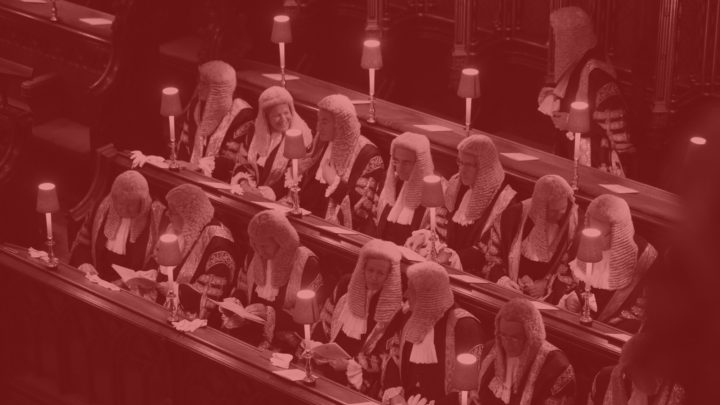
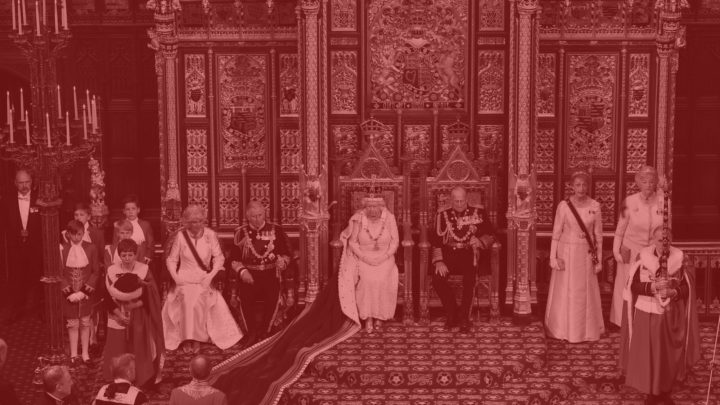
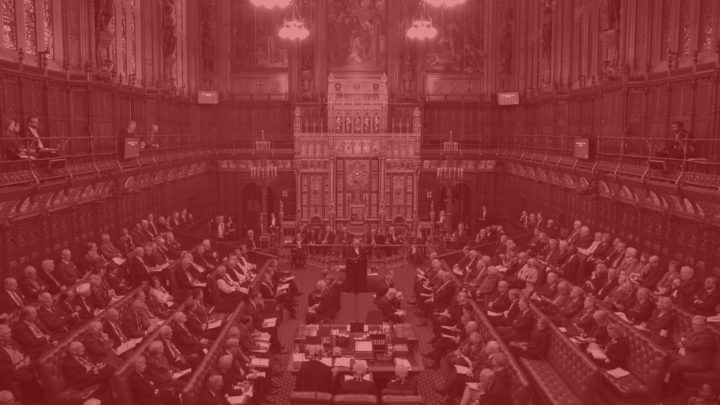
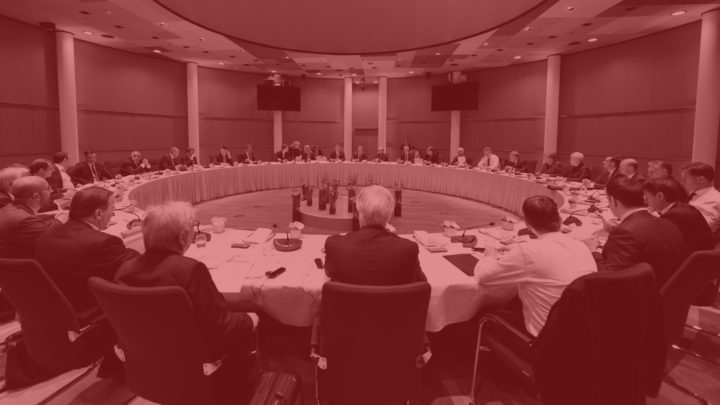

Comments
Want to join the conversation?
Only spiked supporters and patrons, who donate regularly to us, can comment on our articles.